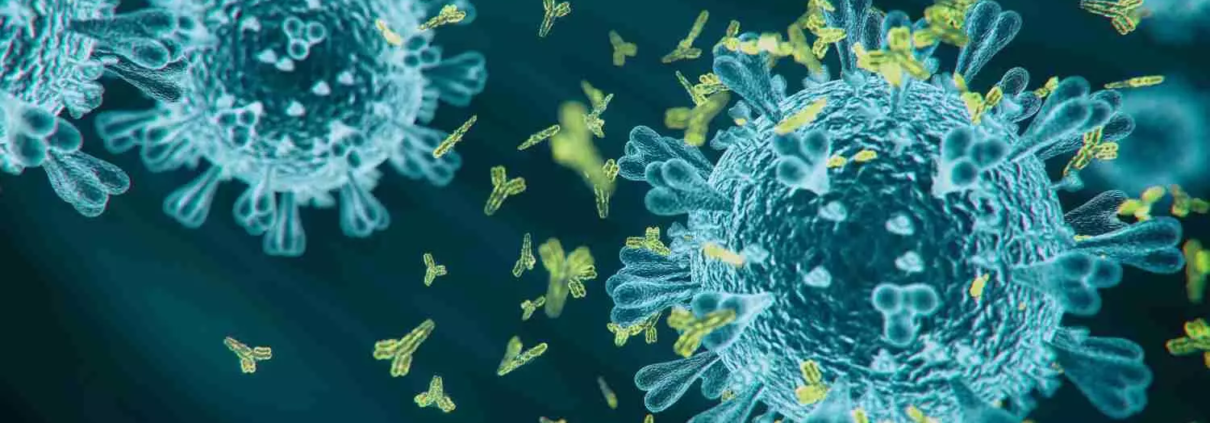Galectin 3 promising biomarker for predicting long COVID among patients of Covid 19: Study

Researchers have found that Galectin-3 could serve as a reliable biomarker for predicting post-COVID syndrome, especially when measured 60 to 120 days after SARS-CoV-2 infection. This finding comes from a detailed study aimed at identifying biomarkers that can forecast the development of post-COVID syndrome. This recent study was published in the journal Respiratory Medicine by Andrea Portacci and colleagues.
Post-COVID syndrome, characterized by persistent symptoms such as exercise-induced dyspnea, poses a significant challenge for clinicians. Despite various studies, reliable biomarkers that can predict its development remain scarce. This study aimed to explore the relationship between Galectin-3 blood concentrations and post-COVID syndrome.
The objective of the study was to evaluate the potential of Galectin-3 as a predictive biomarker for post-COVID syndrome by analyzing its blood concentrations in patients who had recovered from acute COVID-19.
The study was a single-center, prospective, observational study involving 437 consecutive patients attending an outpatient clinic for post-COVID assessment. For each patient, clinical, functional, and radiological data were recorded, along with several blood biomarkers associated with COVID-19, including Galectin-3. The predictive performance of Galectin-3 for post-COVID syndrome was assessed using Receiver Operating Characteristic (ROC) and multivariate regression analysis.
The key findings of the study were as follows:
-
Among the blood biomarkers tested, Galectin-3 was the only one correlated with the development of post-COVID syndrome.
-
Although the Cox regression model showed insufficient performance statistically, correlation coefficients and ROC curve analysis demonstrated a strong relationship between Galectin-3 levels and the time elapsed since acute COVID-19.
-
Specifically, Galectin-3 showed greater predictive power when measured 60 to 120 days after infection.
-
The findings suggest that Galectin-3 could be a valuable biomarker if evaluated correctly during follow-up to avoid misinterpretations.
The study’s results indicate that Galectin-3 could play a crucial role as a predictive biomarker for post-COVID syndrome. Its predictive power is particularly strong when measured within the 60 to 120-day window post-infection. These findings underscore the importance of timing in the evaluation of Galectin-3 levels to maximize its predictive accuracy.
Galectin-3 has the potential to serve as an important biomarker for predicting post-COVID syndrome, but its evaluation should be carefully timed during follow-up assessments to ensure accurate predictions and avoid misinterpretations. This discovery could significantly enhance the management and treatment strategies for patients recovering from COVID-19.
Reference:
Portacci, A., Amendolara, M., Quaranta, V. N., Iorillo, I., Buonamico, E., Diaferia, F., Quaranta, S., Locorotondo, C., Schirinzi, A., Boniello, E., Dragonieri, S., & Carpagnano, G. E. (2024). Can Galectin-3 be a reliable predictive biomarker for post-COVID syndrome development? Respiratory Medicine, 226(107628), 107628. https://doi.org/10.1016/j.rmed.2024.107628



